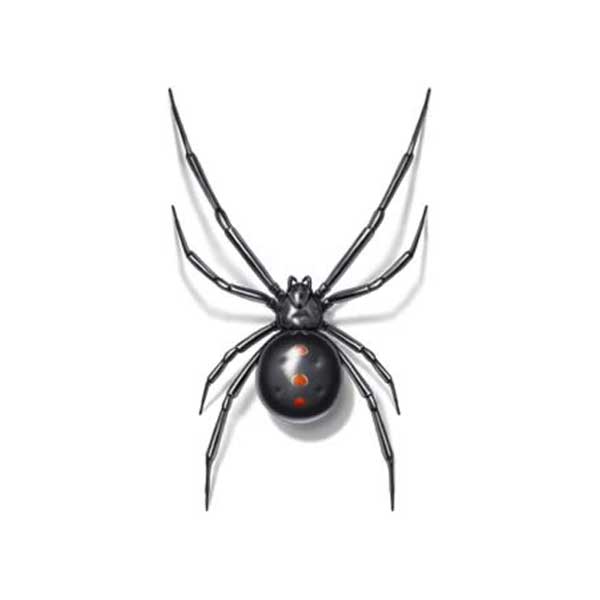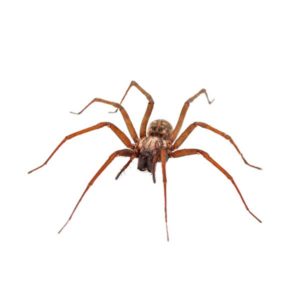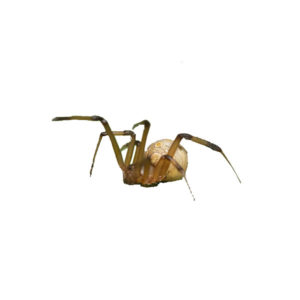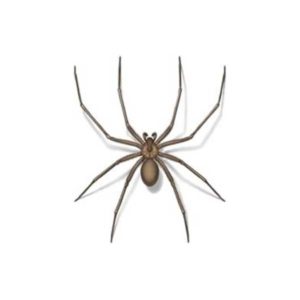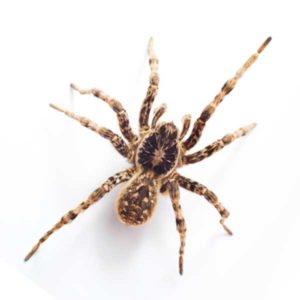Black Widow Spiders in Northern Utah
Widow spiders are known worldwide for their ability to cause pain and suffering in humans. Both males and females can range from dark brown to black, but only the females have the characteristic hourglass or spots on their abdomen. The clutter associated with human structures provides an ideal habitat for the black widow. These spiders are common around homes, barns, outbuildings, and rock walls. Though it is the most venomous spider in North America, black widow bites are rarely fatal, but they can be very painful.
Black Widow Habitat
Black widow spiders typically live outdoors, preferring to nest in quiet, dark, undisturbed areas near to the ground. Widows build irregular, erratic looking webs and live in crevices or recesses within rock piles, block walls, sprinkler valve boxes, and undersides of patio furniture. Garages, outdoor sheds, and playground equipment are also popular spots to find black widows. Preferring to stay outdoors, black widows are typically brought into a home or structure, either in a box or on furniture. One of the most obvious signs of a black widow spider infestation is the presence of messy, irregular webs in the home or around the property.
Black Widow Behaviors, Threats or Dangers
Black widow spiders, despite their venom, are typically non-aggressive. These spiders will only bite if provoked, commonly when they’re pinched, squeezed, or pressed. Most bites happen when a human accidentally brushes a hand against a black widow, typically when reaching to grab an item, or cleaning out a dark space. Within 20 minutes to an hour of a black widow bite, symptoms will begin, including stiffness, intense pain in the bite area, nausea, chills, and fever. Immediate medical attention is necessary if a bite is suspected or confirmed.
If you are dealing with a black widow problem, always contact your local spider exterminators.

